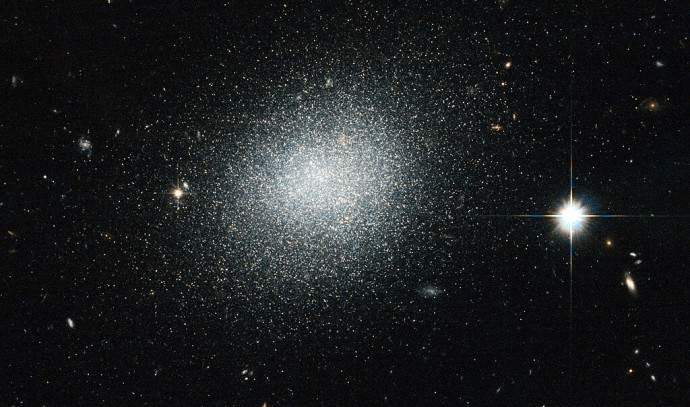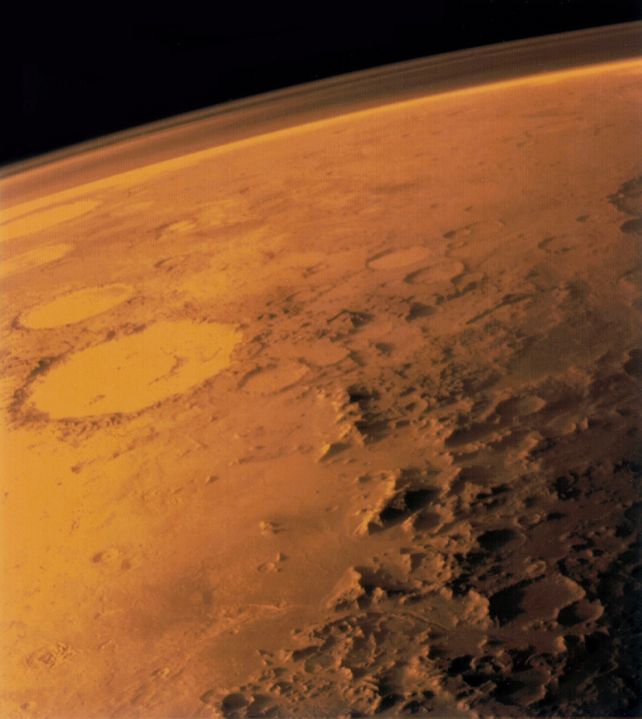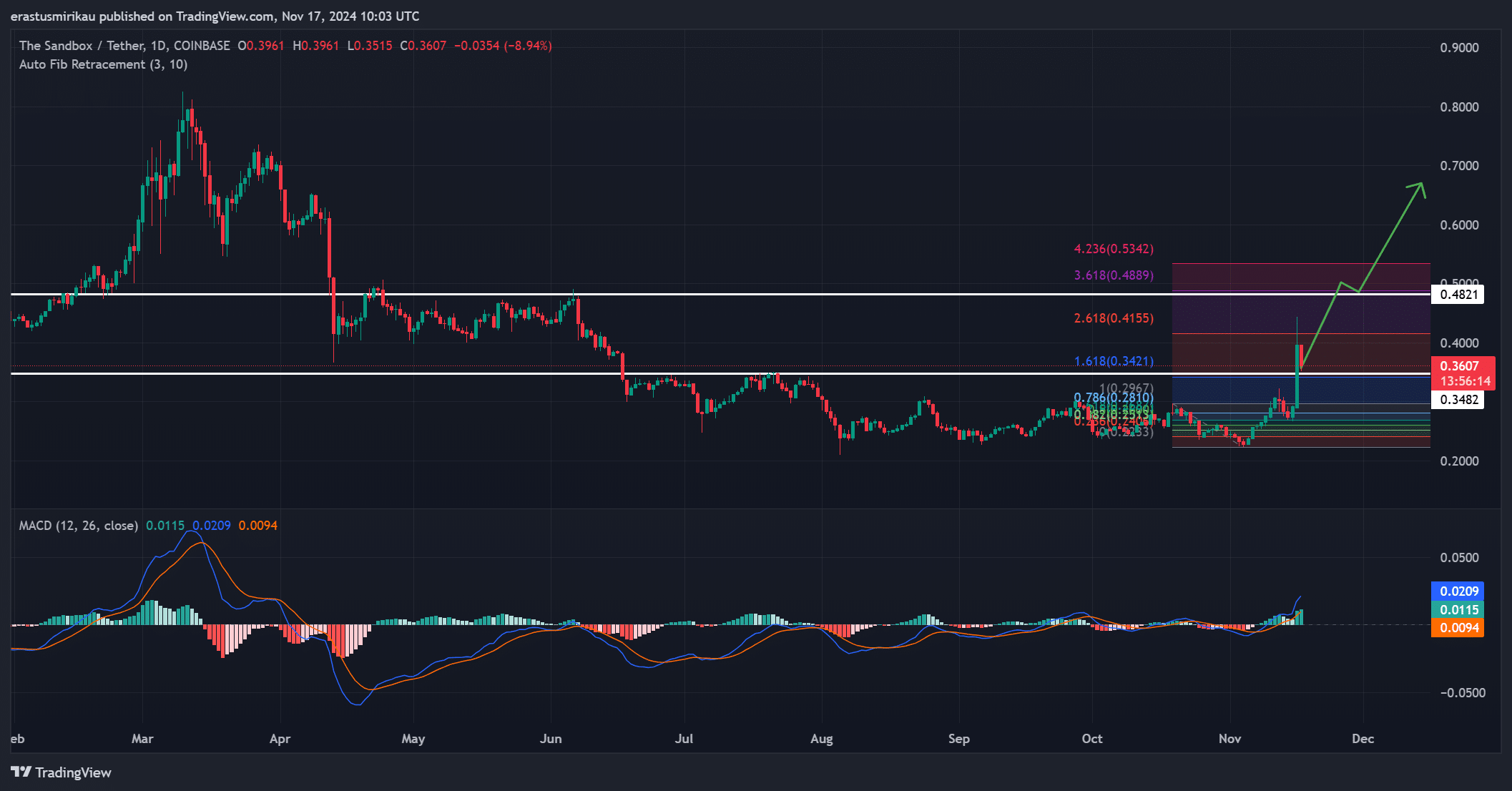Recently, scientists stumbled upon a dwarf galaxy, named PEARLSDG, using NASA’s James Webb Space Telescope unexpectedly during a study of a galaxy cluster. This discovery challenges existing scientific understanding and was published in the Astrophysical Journal Letters. A dwarf galaxy far, far away: An accidental discoveryDwarf galaxies, known for their small size, typically have a few thousand to a few billion stars, in contrast to the Milky Way’s 200 billion stars. These galaxies are less luminous, making them difficult to detect, but they are abundant in the universe. Artist’s impression of NASA’s James Webb Space Telescope. (credit: ESA)Typically, dwarf galaxies either interact with larger galaxies (quiescent) or exist independently and produce new stars (isolated), forming the basis of galaxy evolution. However, the recently discovered PEARLSDG does not fit these categories. Researchers found this dwarf galaxy, located 98 million light years away, by chance while studying a galaxy cluster as part of the PEARLS project. Although it does not form new stars or interact with larger galaxies, it exists in isolation. The rarity of this observation challenges current theories of galaxy formation.”These types of isolated quiescent dwarf galaxies haven’t been seen before except for relatively few cases. They are not really expected to exist given our current understanding of galaxy evolution, so the fact that we see this object helps us improve our theories for galaxy formation,” said study leader Tim Carleton from the University of Arizona.”Generally, dwarf galaxies that are out there by themselves are continuing to form new stars.”Through the James Webb Space Telescope’s imaging capabilities, scientists observed that the stars in PEARLSDG lacked the color signature associated with new stars, indicating that the galaxy is not forming new stars and that its stars are old. This discovery challenges existing knowledge of galaxy evolution and raises questions about the prevalence of isolated quiescent dwarf galaxies in the universe.
Dwarf galaxy discovered accidentally defies scientific expectations













